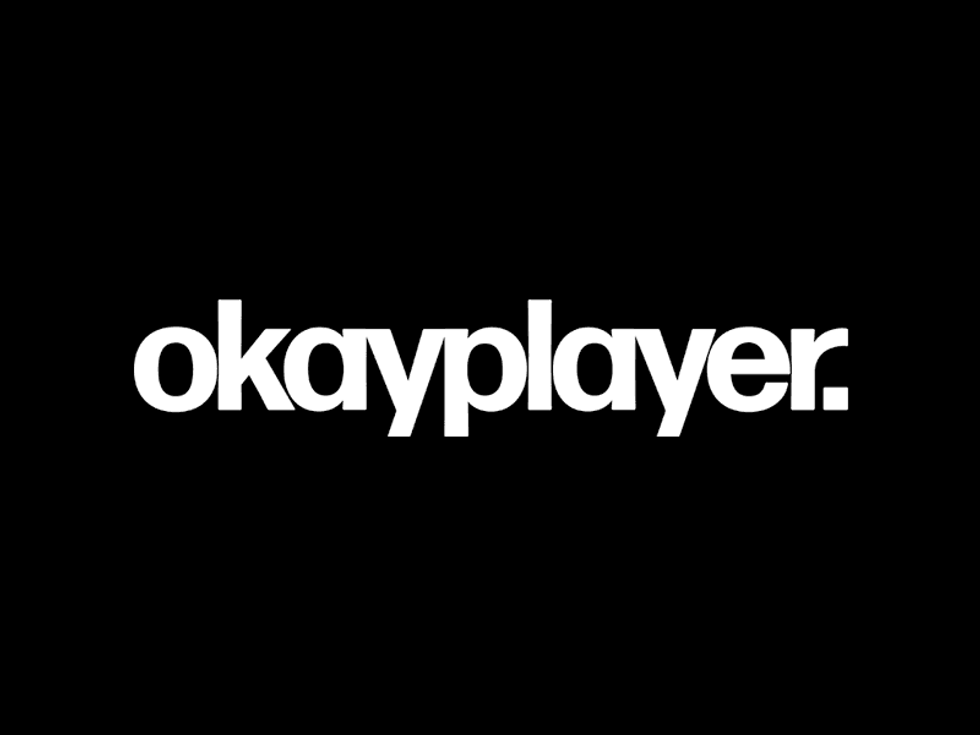Revivalist Exclusive: Talib Kweli Speaks on his Band & Musicianship in Rap

Everybody's favorite prisoner of conscious Talib Kweli sat down with The Revivalist (I'm hoping by now you F with them to the point that I no longer have to intro them as 'our jazz-oriented channel partner' or whatever) to talk in-depth about his band(s) and the musicianship of hip-hop, from working with Detroit drummer Daru Jones to Idle Warship to the traditional 2 turntables and a microphone model of Black Star. Here is our favorite quote (which happens to namecheck some our favorite musicians. Maybe you heard of 'em) but there is plenty more brainfood with the full Q&A at Revivalist.
Hip-hop comes out of the fact that people didn’t have access to live instruments and access to live bands. The actual machines that you are playing the music out of, become the instruments. That’s really the definition of hip-hop. So without that instrument, you’re not technically doing hip-hop. I give The Roots a pass on that because Black Thought I think is the best emcee in the world; the best working emcee in the world, definitely. And Questlove’s knowledge of music surpasses the fact that they don’t have a DJ. He knows so much about music, that’s the exception to the rule. You know, without that DJ there is a certain energy, a certain type of sound that comes from hip-hop production. There’s a lot of hip-hop beats that you like, that move your soul that are out of tune. So it’s something you can’t get no matter which cats I work with. We’ll try to play some of the beats that Hi-Tek made, that Ski Beatz made, that The Alchemist made, that The RZA made, and they’re out of tune, so the musicians have to find a way to play out of tune or play it differently. The audience that comes to a hip-hop show, they crave that. That right there, that small space that needs to be figured out. That’s what they come for; that quality of sound.





